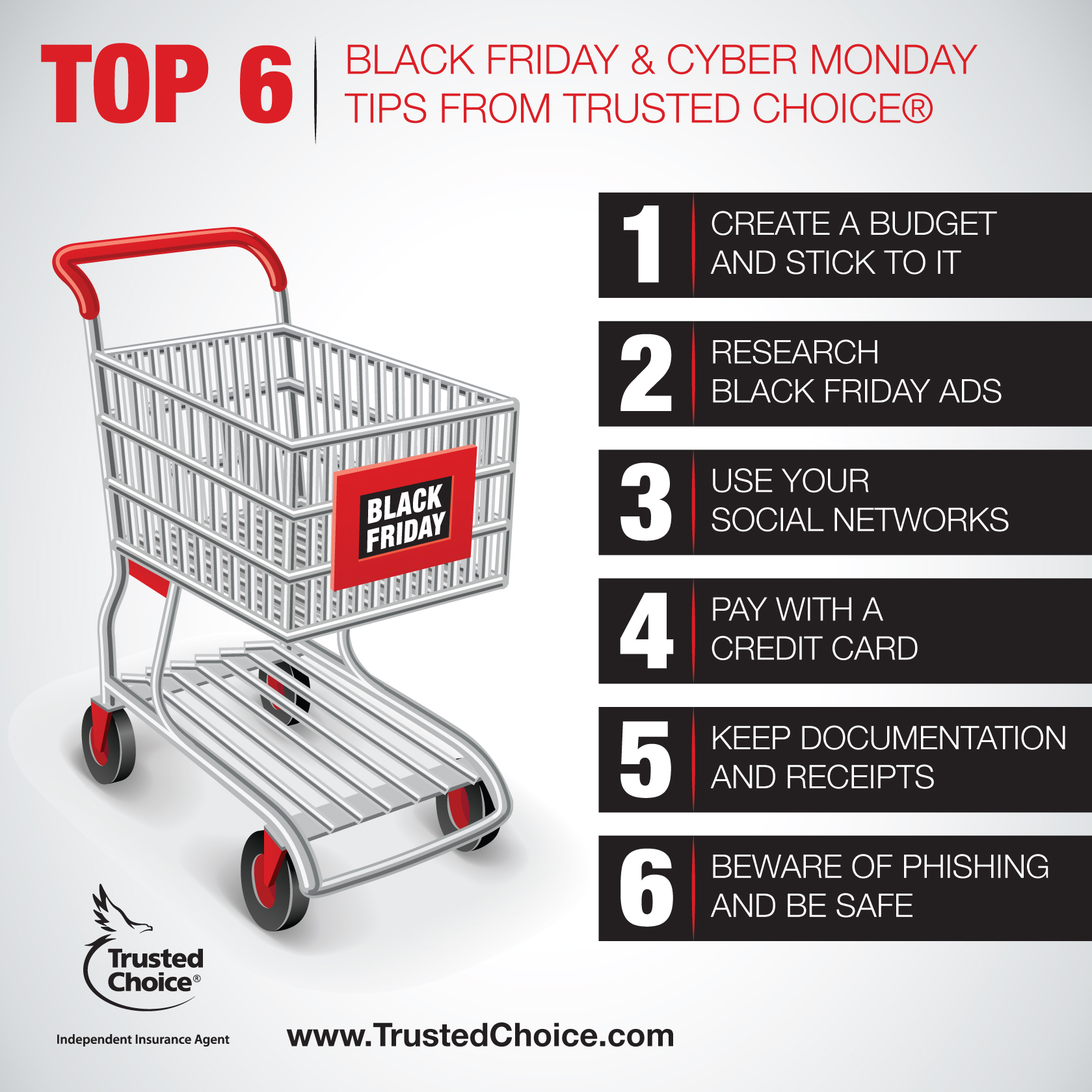How does insurance work?
People buy insurance coverage to protect themselves from potential future loss. In exchange for payment of a known fee—the insurance premium—the policyholder is able to transfer his or her potential risk to an insurance company, which agrees to pay in the event of such a loss.
Insurance works because it allows the cost of large, often catastrophic losses to be spread among many individuals. Insurance companies collect premiums from many individual policyholders, and then pay for the losses incurred from the money collected. Insurance companies operate successfully because it is unlikely everyone who pays an insurance premium will suffer a claim—at least not in any given year. In a nutshell, insurance permits the losses of a few to be paid by the insurance premiums of many.
How are insurance rates determined?
It’s a complex process. Insurance can’t be priced like most products, because the money people pay for it is intended to help cover the cost of unforeseen future happenings—for example, a fire, a burglary or an auto accident.
While many factors are considered in rate making, rates basically are dependent on two primary factors: the frequency of claims and the severity (as measured by cost) of each claim—known as the company’s loss experience. The companies use their loss experience, supplemented by factors reflecting economic trends, as a guide to the amount they will be required to pay for future claims and meet the costs of doing business.
Once the company determines its estimated future costs, its rates are set based on a variety of individual factors. In the case of auto insurance, drivers are categorized into several different rating classifications, based on similar expectations of having a loss. For example, young drivers and drivers in certain geographies are classified as potentially higher risks because of the loss experience of similar drivers.
What types of rating classifications apply to auto insurance?
Auto insurance rates are based on a number of factors, including where the car is customarily kept, the age and driving record of the driver, and the type and use of the car.
Rating territory: The state is divided into rating territories, whose boundaries are determined by such considerations as population density, traffic congestion and other factors which affect exposure to accidents. The premium charged to an individual car owner is affected directly by the number and cost of accidents caused by drivers who live in his or her rating territory, and by the number of thefts in that territory.
Driver classification: Well-documented studies make it clear some groups of drivers have more frequent and often more costly accidents than others. Age, gender and marital status are recognized as reliable rate-making criteria. The highest rates usually are assigned to youthful drivers who, as a group, have a worse record than older drivers.
Driving record: Statistics indicate that people who have been responsible for accidents or have been convicted of serious driving violations are more likely to have accidents in the future than are drivers with clean driving records. Drivers with bad records generally are charged more because they are expected to have more claims than the average driver.
Use of car: Cars that are driven to and from the job usually are more vulnerable to accidents than cars used only for pleasure purposes, because they regularly are exposed to heavy traffic conditions. The same is true for cars used for business purposes throughout the day. Premium charges are related to the total number of miles a car is driven each year, on the grounds the car that is driven more miles is more exposed to accident conditions.
Type of car: Certain types of cars cost more to repair or to replace, based on a variety of factors, including ease of repair and the original cost of the car. These factors are taken into consideration when determining auto insurance premiums. New cars, for example, are more costly to repair and to replace than are older, less expensive vehicles.



